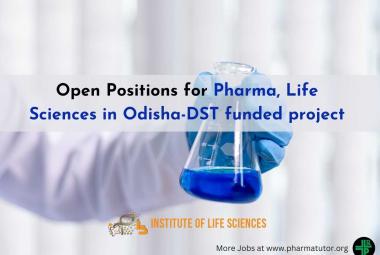Biocartis and Fast-track diagnostics, have entered into a strategic collaboration to develop a range of multiplex infectious disease tests to run on the Biocartis Idylla system. As part of the collaboration, tests from Fast-track diagnostics’ comprehensive infectious disease menu will be developed for use on Biocartis’ innovative molecular diagnostics (MDx) platform, Idylla. Idylla is a fully-automated MDx system that delivers accurate, rapid tests in virtually any setting, from virtually any biological sample type, and without the need for pre-processing or specialist training.








